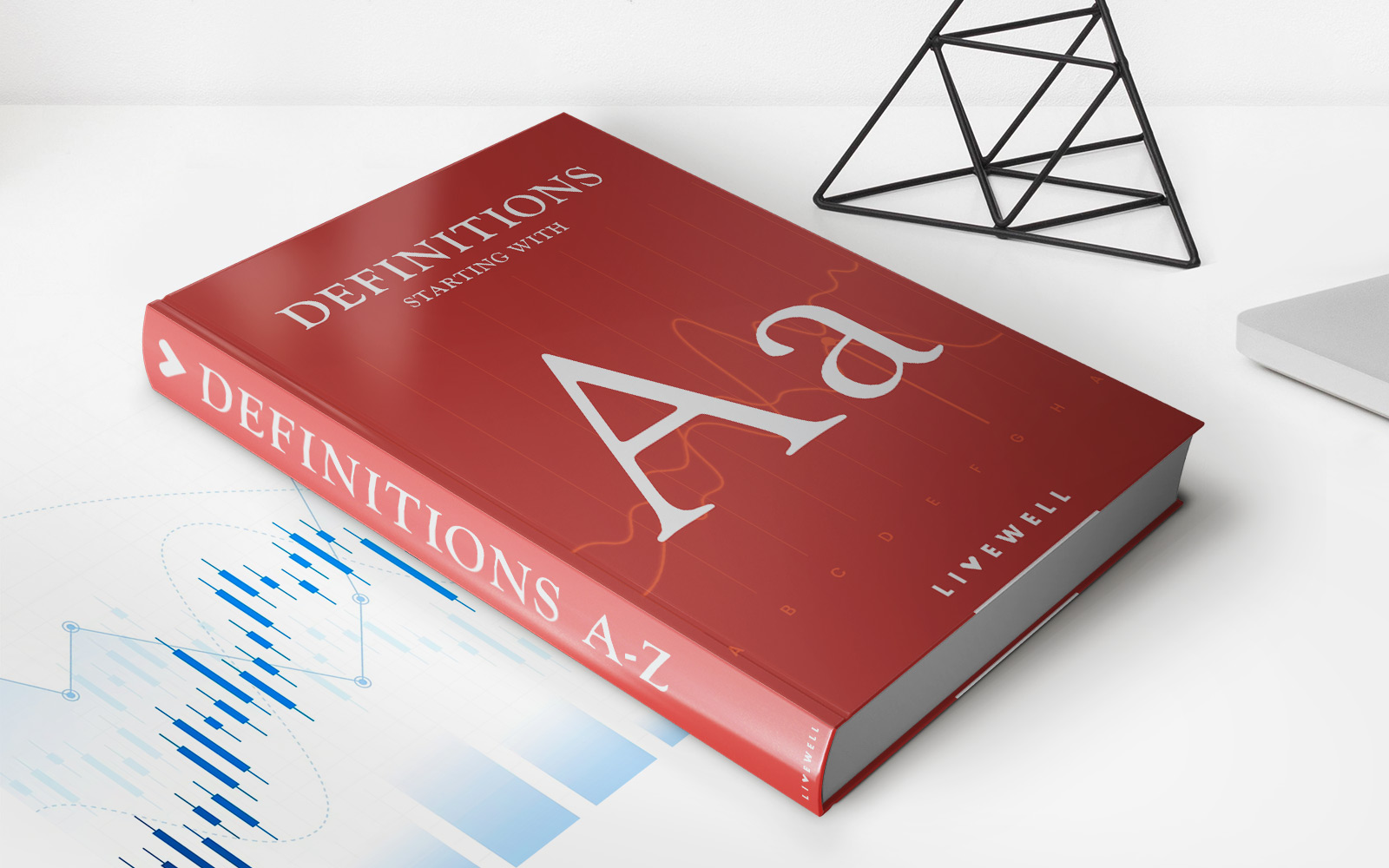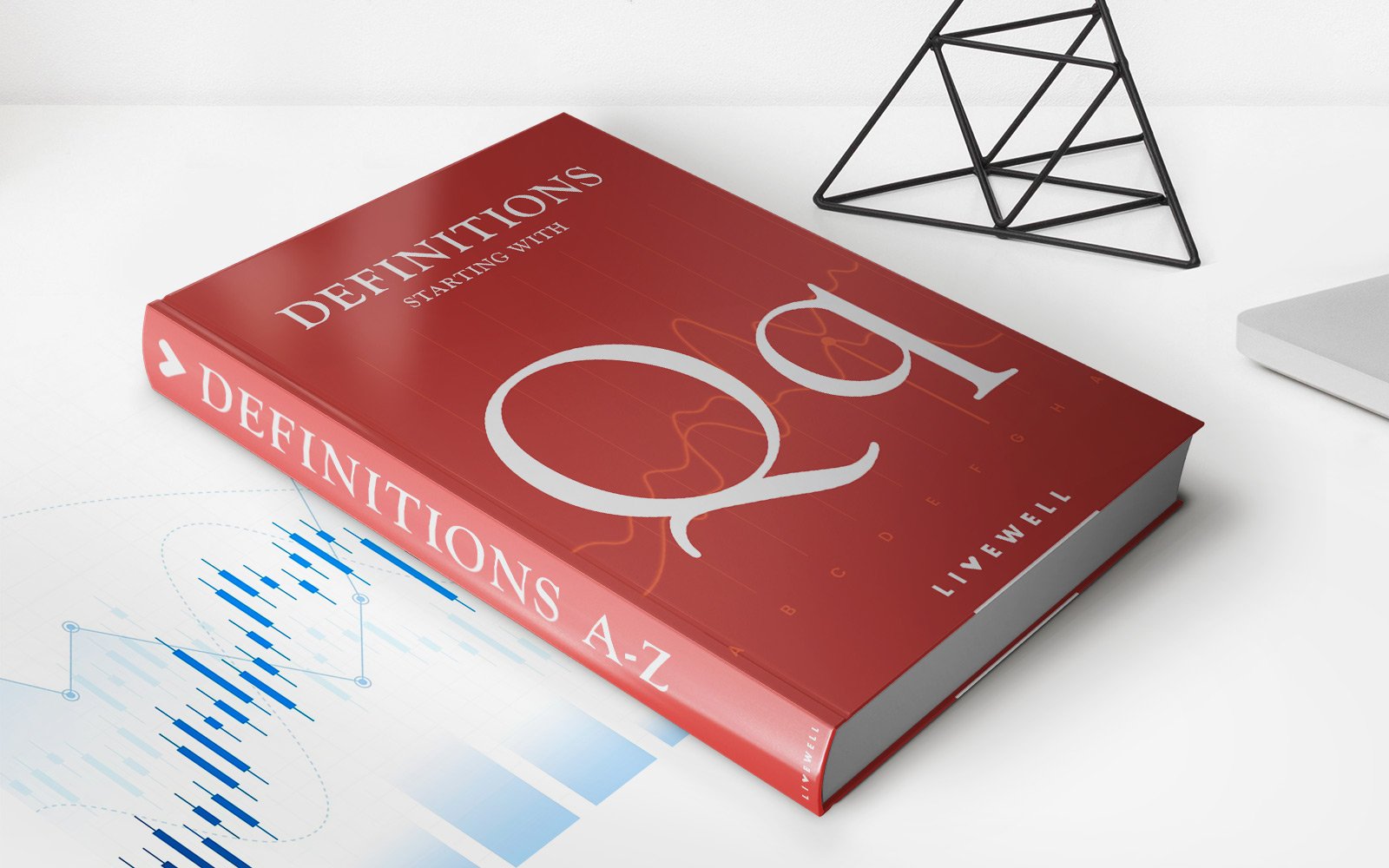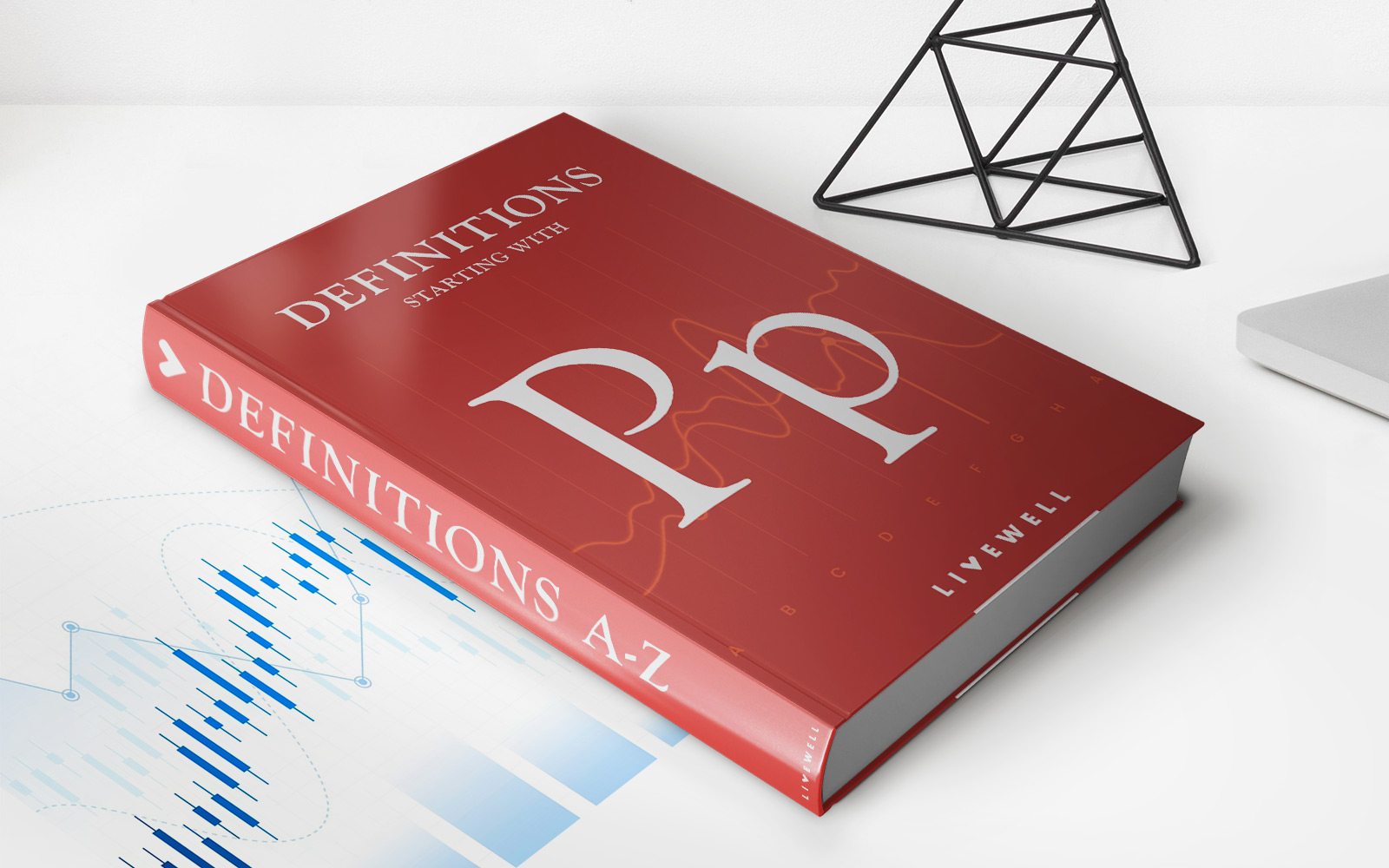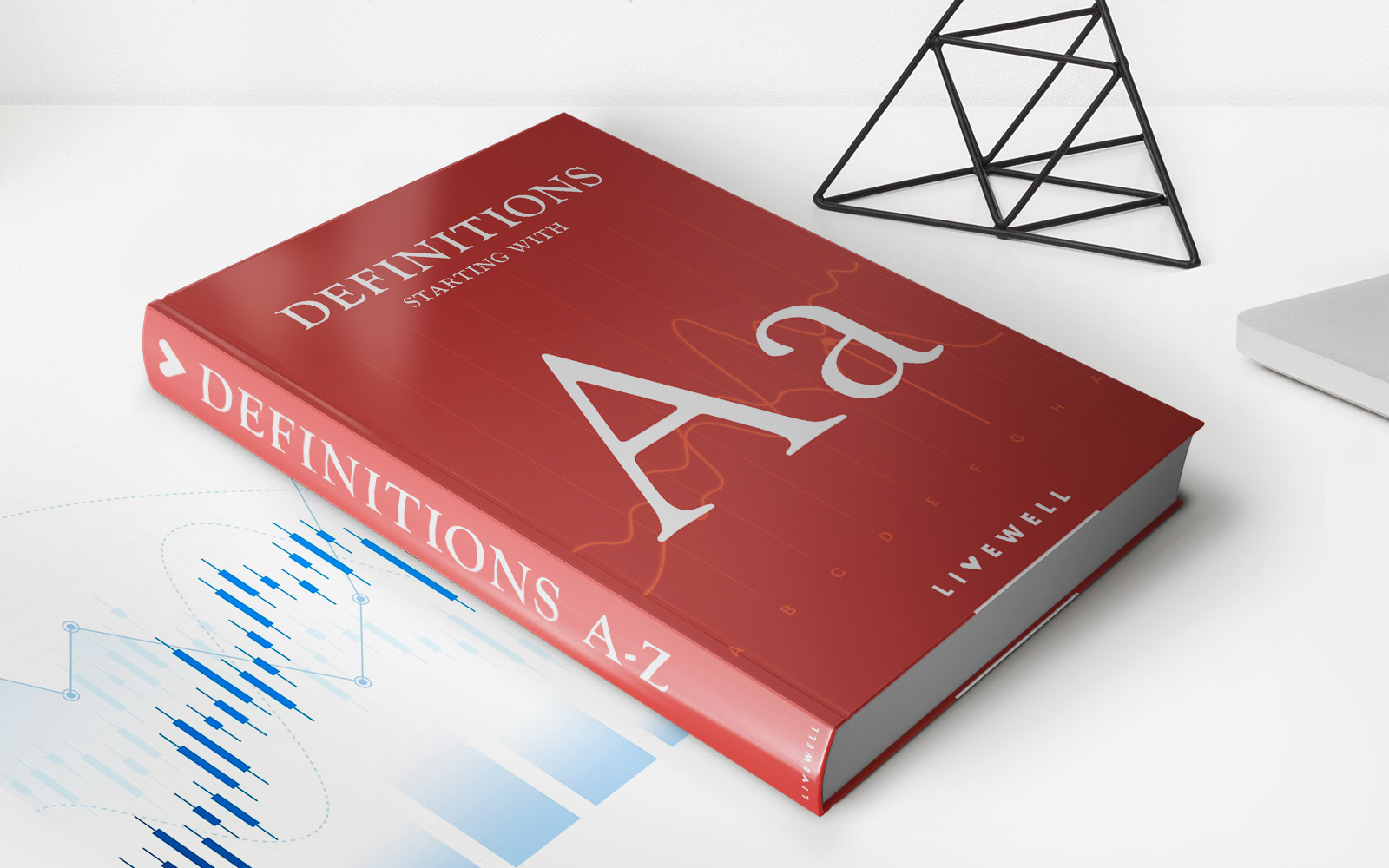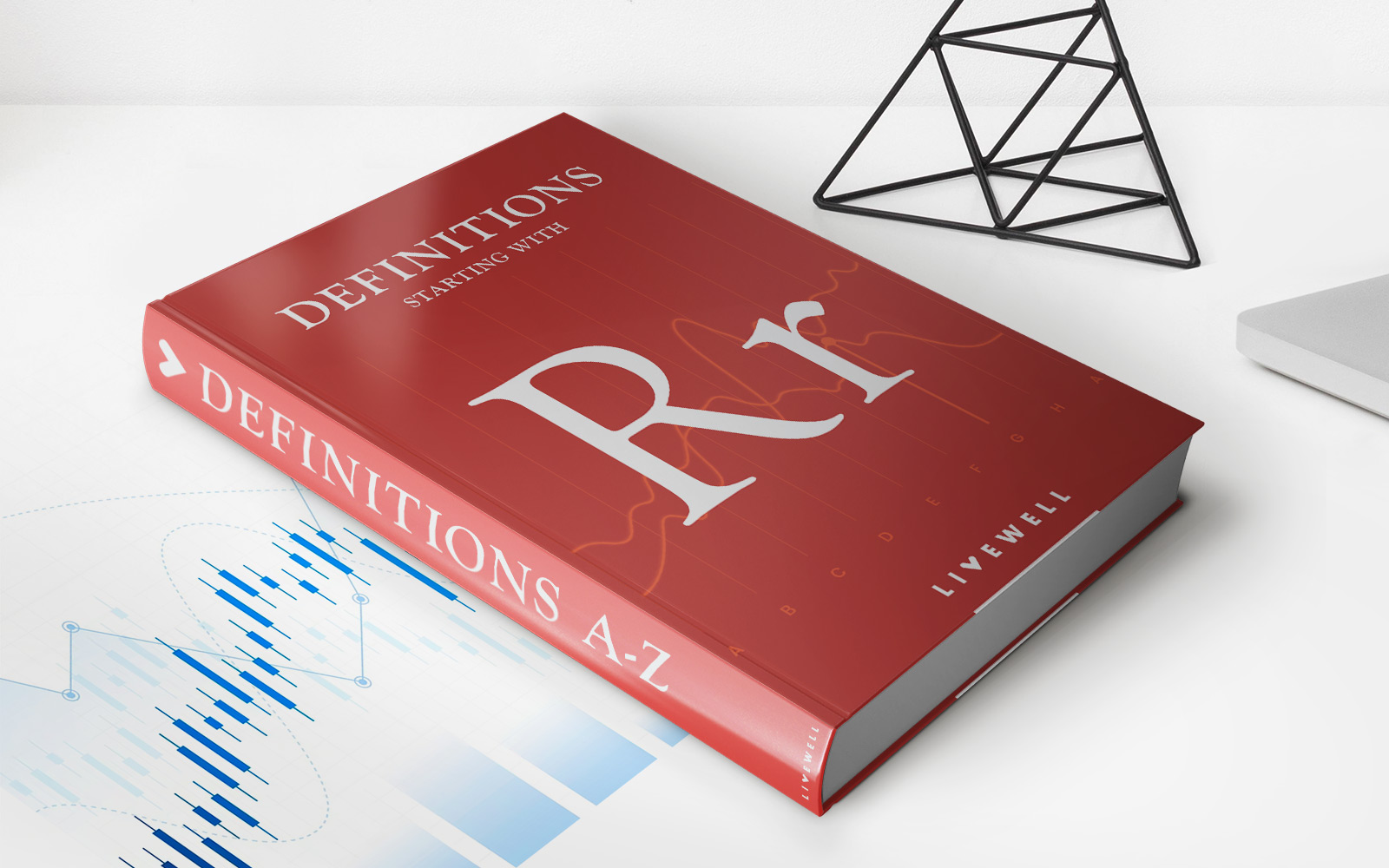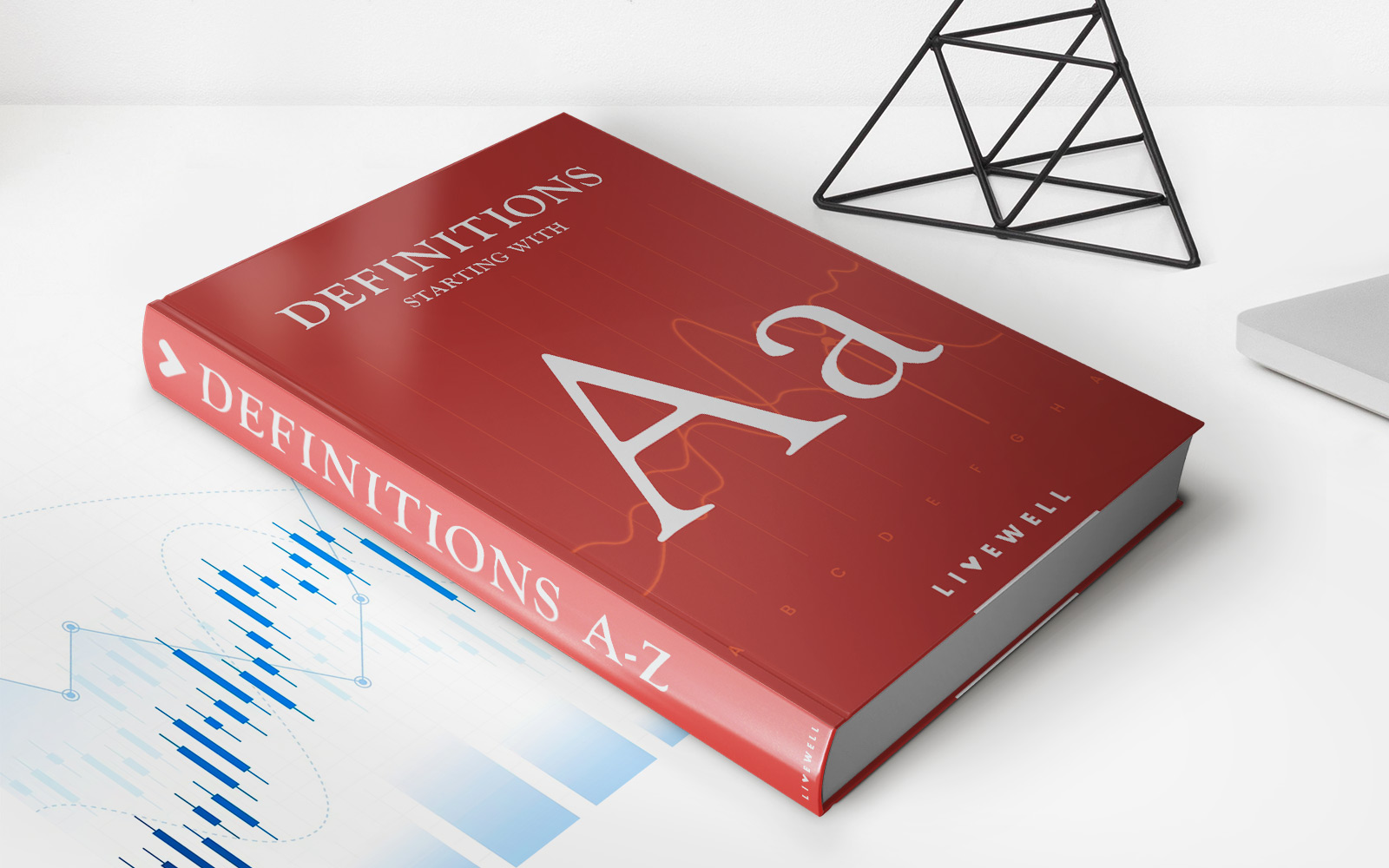

Finance
Accountant’s Opinion Definition
Published: September 27, 2023
Discover the meaning of an accountant's opinion in the world of finance. Gain insight into the role and importance of this crucial financial declaration.
(Many of the links in this article redirect to a specific reviewed product. Your purchase of these products through affiliate links helps to generate commission for LiveWell, at no extra cost. Learn more)
Understanding an Accountant’s Opinion Definition in Finance
When it comes to navigating the complex world of finance, having a clear understanding of various financial terms and concepts is crucial. One such term that often arises in financial statements and audit reports is an accountant’s opinion. But what exactly does this term mean and why is it important? In this blog post, we will delve deeper into the accountant’s opinion definition and explore its significance in the realm of finance.
Key Takeaways:
- An accountant’s opinion is a professional assessment provided by a certified public accountant (CPA) or an accounting firm regarding the accuracy and fairness of a company’s financial statements.
- It plays a crucial role in building trust and credibility among shareholders, investors, and other stakeholders who rely on financial statements for decision-making purposes.
So, what exactly is an accountant’s opinion? Think of it as an expert’s evaluation of a company’s financial statements, prepared by an independent third party such as a CPA or an accounting firm. The accountant’s opinion is based on their examination and analysis of the financial records, policies, and procedures followed by the company.
The main objective of an accountant’s opinion is to provide an unbiased and professional assessment of the accuracy and fairness of the financial statements. This assessment is typically communicated through an accountant’s opinion letter, which is attached to the financial statements and audit report.
An accountant’s opinion letter can take different forms depending on the outcome of the examination. Here are the common types of opinions:
- Unqualified Opinion: This is the most favorable type of opinion, indicating that the financial statements are presented fairly, in all material respects, in accordance with the applicable accounting standards.
- Qualified Opinion: In some cases, the accountant may have reservations or exceptions relating to specific aspects of the financial statements. This opinion indicates that the financial statements are presented fairly, except for these specific matters.
- Adverse Opinion: This is the most critical type of opinion, indicating that the financial statements are not presented fairly, and therefore, cannot be relied upon.
- Disclaimer of Opinion: In rare circumstances, the accountant may be unable to express an opinion due to significant limitations in the scope of the examination. This disclaimer signifies that the reliability of the financial statements cannot be determined.
Now that you have a clearer understanding of an accountant’s opinion, it is important to recognize its significance. Here are a couple of key takeaways:
- Building Trust and Credibility: An accountant’s opinion provides an independent evaluation of a company’s financial statements, instilling confidence and trust among shareholders, investors, and other stakeholders.
- Enhancing Decision-Making: The accountant’s opinion is an essential tool for decision-making, allowing stakeholders to assess the financial health and performance of a company accurately.
In conclusion, an accountant’s opinion is a critical component of the financial reporting process. It assures stakeholders that a company’s financial statements are prepared in accordance with the applicable accounting standards and provides valuable insights into its financial performance. By understanding the accountant’s opinion definition, you can confidently navigate the world of finance with better clarity and informed decision-making.


